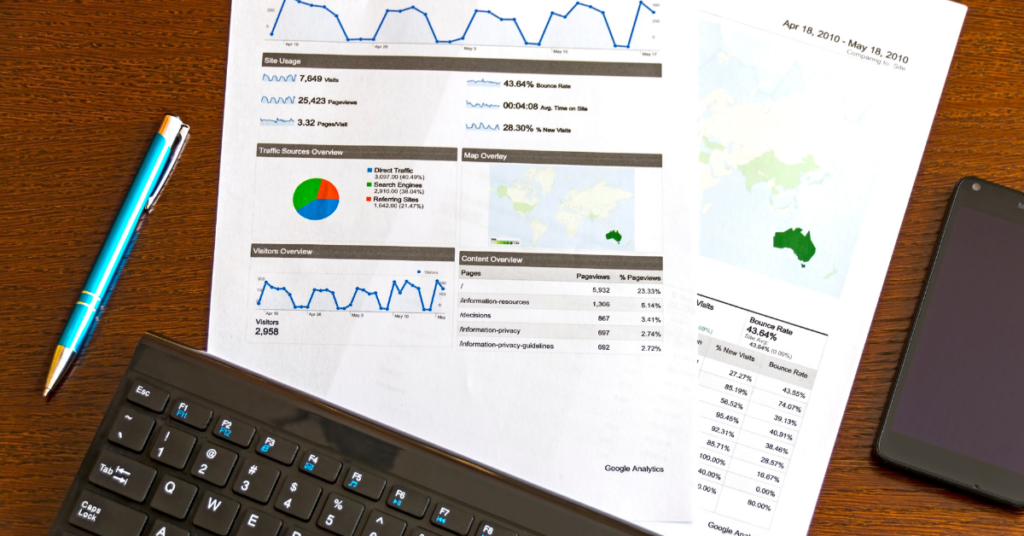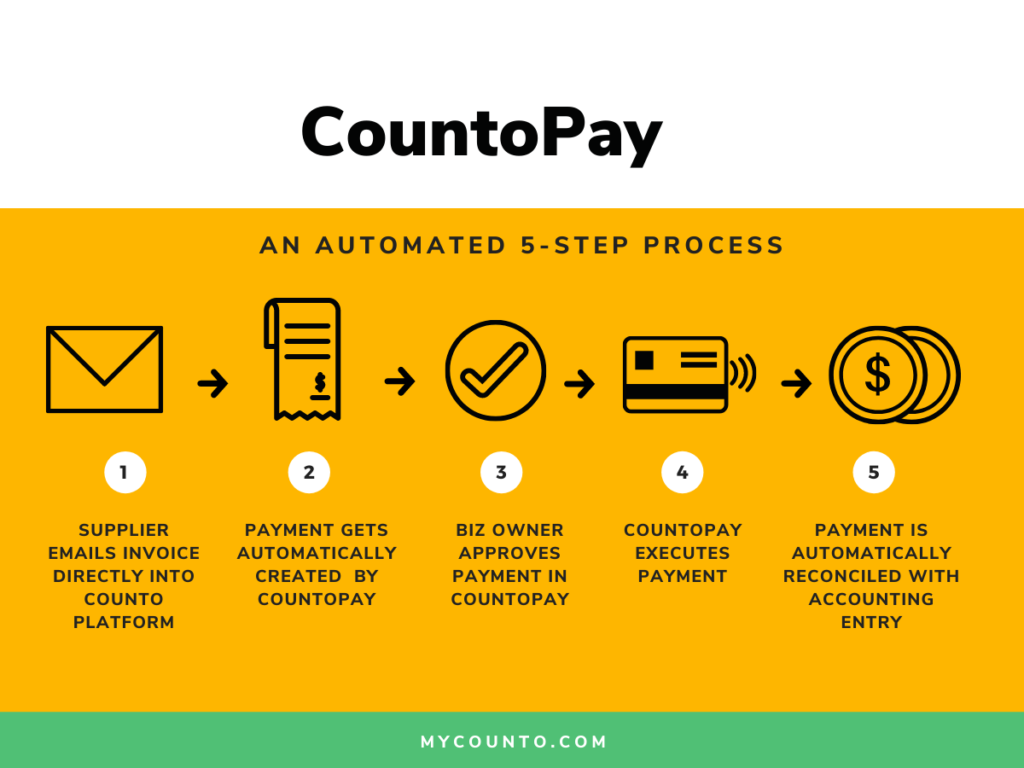This article tells you the facts on how and when to file the income tax for your sole proprietorship business, and also offers advice on when you should consider switching to a Private Limited Company.
Key Dates and Reporting Period
Sole Proprietorship businesses must file their income tax by April 15th each year. The numbers you will be reporting will be based on the financial year end you stated with ACRA when forming your business. For example, if your business started on September 1, 2019, your tax reporting period will be September 1st 2019 to August 31st 2020, when you file your taxes on April 15th 2021.
Mechanism
Singapore makes it easy to file the income tax return for your Sole Proprietorship. You will be filing Form B/B1, and can do it all online by using this link. This Form B/B1 is the same as you use to declare your personal income tax, so the process is quite easy.
What numbers to report in your taxes
ACRA recommends that even non Private Limited companies use the Accrual method of bookkeeping when doing their accounting. That is, you need to book revenue when sale is done even though cash may arrive later (likewise for expenses).
Can you just use the change in your bank balance to report your income?
If you are running a pure cash business, e.g. dropshipping, low value consulting, training school etc, keep your vendors fully paid, and do not hold inventory or own equipment/space that can be depreciated, then the money change you see in your bank account (i.e. cash basis accounting) could approximate the Accrual method.
If you are in doubt, and need your books done, you can check out Counto’s affordable tax packages here. Getting your books done will give you a better picture of the health of your business like your working capital ratio, quick ratio, capital intensity etc. These ratios will help you plan your business growth better.
Tax rates and Carry over losses
Sole proprietorship businesses pay the personal income tax rate. If your business ran a loss in the previous year, you can use that loss to offset your income tax liability this year :-).
When to convert from Sole Proprietorship to Private Limited Company?
Private Limited Companies carry a flat tax rate of 17% but come with slightly higher compliance costs. Generally, when your net income exceeds $250,000 it is time to consider moving to a Private Limited Company Structure. You cannot convert your Sole Proprietorship into a Private Limited company. We will help you close down the Sole Proprietorship and start a Private Limited company. You can see Counto’s unbeatable incorporation packages here.
Got questions about your business taxes in Singapore? Our team of tax experts are right here with you. Talk to us on our chat bot right away, or contact us here.







